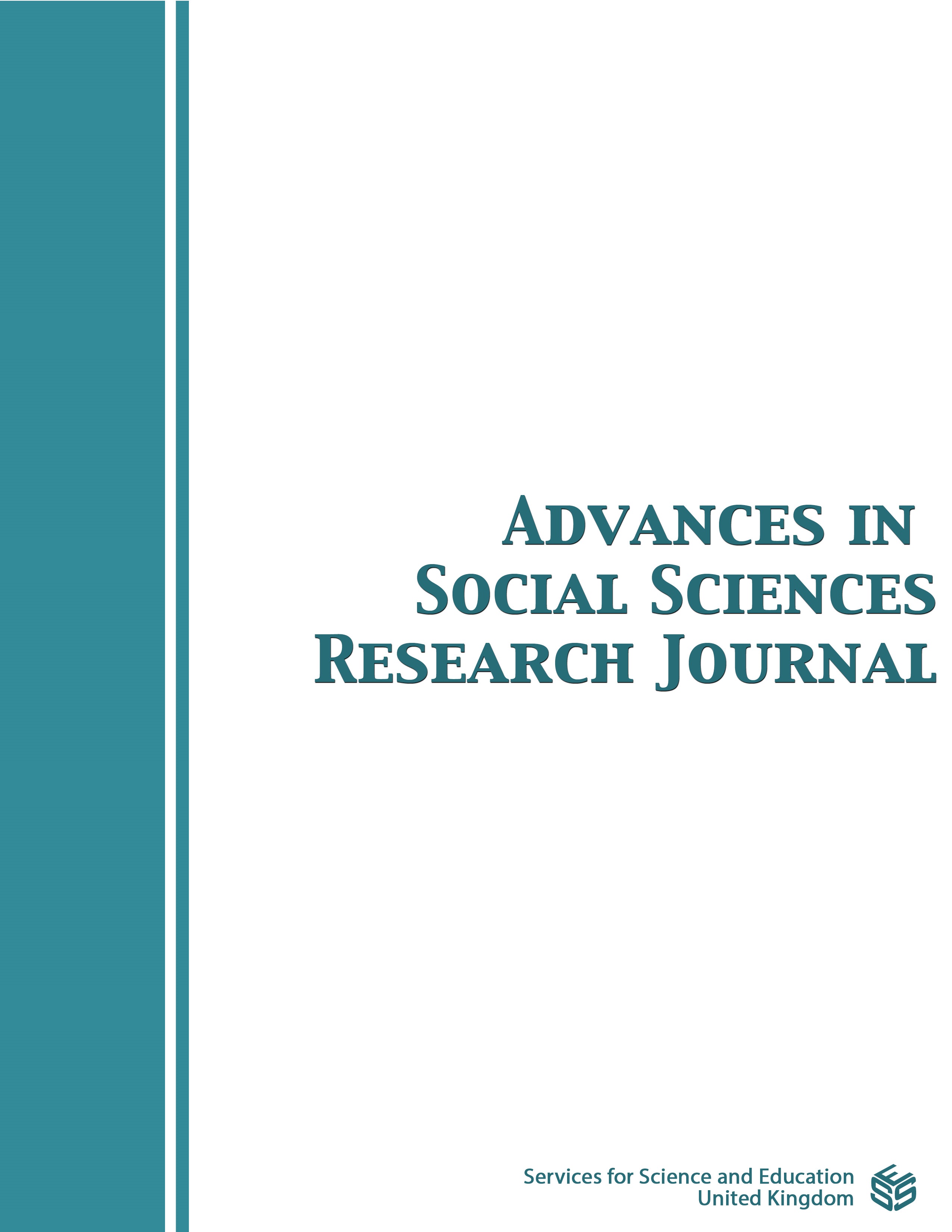The Impact of Ecological Sustainability on Tourists’ Satisfaction and Revisit Intention: A Case Study in Langkawi, Malaysia
DOI:
https://doi.org/10.14738/assrj.113.16648Keywords:
Ecological sustainability, tourists’ satisfaction, revisit intention, Langkawi, MalaysiaAbstract
More concerns regarding the environmental impact are observed as the global travel industry continues to expand. The present study examined the correlation between ecological sustainability, tourists’ satisfaction, and the tendency to revisit past destinations to understand the impact of tourists’ perceptions regarding the environmental practices in travel destinations on overall satisfaction and subsequent revisit intention. A total of 200 local and international tourists participated in this study. The data collection process was conducted via self-administered questionnaires distributed in Langkawi, Malaysia. The results indicated a significant positive association between ecological sustainability and tourists’ overall satisfaction with respective trip experiences. A positive correlation also existed between tourists’ perception of travel destinations actively engaging in ecological sustainability practices and the reported satisfaction levels. Moreover, this increased satisfaction level positively impacted tourists’ intention to revisit the same destination in the future. The findings provided significant implications with high relevance to both destination planners and policymakers. Implementing and promoting effective ecological sustainability practices could not only enhance the attractiveness of travel destinations but also sustain high loyalty among tourists.
Downloads
Published
How to Cite
Issue
Section
License
Copyright (c) 2024 Nik Mohamad Shamim Nik Mohd Zainordin, An Nur Nabila Ismail, Nurhidayah Rosely, Ayu Kamareenna Abdullah Thani

This work is licensed under a Creative Commons Attribution 4.0 International License.
Authors wishing to include figures, tables, or text passages that have already been published elsewhere are required to obtain permission from the copyright owner(s) for both the print and online format and to include evidence that such permission has been granted when submitting their papers. Any material received without such evidence will be assumed to originate from the authors.






